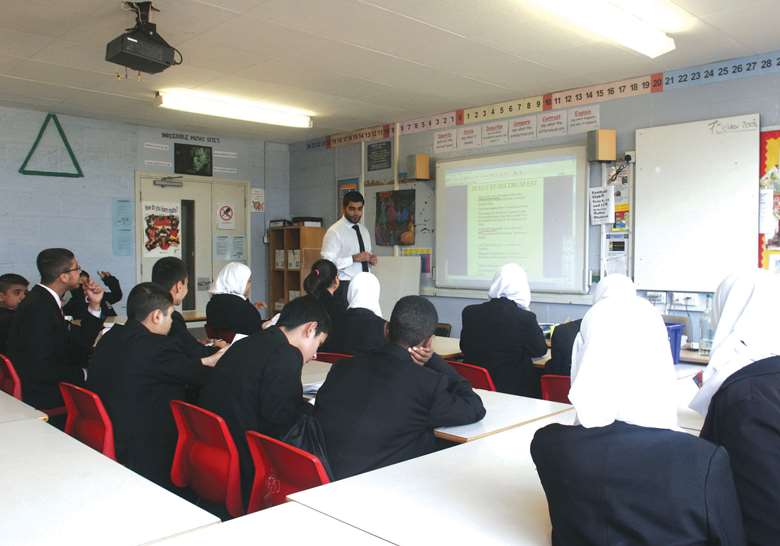Lessons aim to reduce knife crime over summer
Nina Jacobs
Thursday, June 6, 2019
Anti-knife crime lessons are being delivered in schools before the start of the summer holidays, the Home Office has announced.

In the sessions, pupils will be encouraged to resist pressures to carry knives and to recognise positive role models.
The new lesson plans have already been sent to 20,000 personal, social, health and education (PSHE) teachers in preparation for the break up from school.
The initiative, developed in partnership with the PSHE Association, will see hour-long lessons delivered that challenge inaccurate perceptions of knife crime and encourage young people to follow positive role models.
The resource, for children aged between 11 and 16, supports a series of lessons on knife possession introduced to schools' PSHE syllabus in July last year.
These lessons, developed by the Home Office and the PSHE Association, have already been downloaded 14,000 times.
Victoria Atkins, minister for crime, safeguarding and vulnerability, said early intervention was a key part of the government's serious violence strategy.
"It's vital that we give young people the tools and resilience to keep themselves safe over the summer holidays.
"I'm pleased that our current lessons on knife crime have proved successful and that we are able to strengthen them even further, and I'd like to thank every teacher who has taken the time to deliver them," she said.
The materials, which draw on feedback from teachers, feature real-life case studies of young people from the #knifefree campaign which has recently been relaunched.
The importance of good role models is part of the new content featured in the lesson plans which also signpost young people towards support services.
One case study, featured on the #knifefree website, explains how Dean, a teenager arrested for carrying a knife, managed to turn his life around after meeting James, a worker at a local support centre.
Jonathan Baggaley, chief executive of the PSHE Association, said he encouraged all schools to download and deliver the new materials.
"They are designed to challenge inaccurate perceptions about knife crime, help young people develop the confidence to resist pressure to carry knives, and to recognise positive role models," he said.
A £1.35m Home Office advertising campaign was rolled out in March featuring real stories of young people who decided not to carry a knife in an effort to inspire others to do the same.
The relaunch of the #knifefree campaign, part of the government's serious violence strategy, comes after the number of people stabbed to death in the UK topped more 100 in the first six months of the year.
In addition to the government's ongoing engagement with schools and youth organisations, the Home Office said it had appointed charitable foundation Impetus to manage its £200m Youth Endowment Fund to help prevent young people from being drawn into a life of crime.
Last year the Home Office announced it had doubled the amount of money for its Early Intervention Youth Fund which supports 29 projects in England and Wales.
The £22m fund, also part of the serious violence strategy, delivers early intervention for vulnerable young people at risk of committing violent crime.




